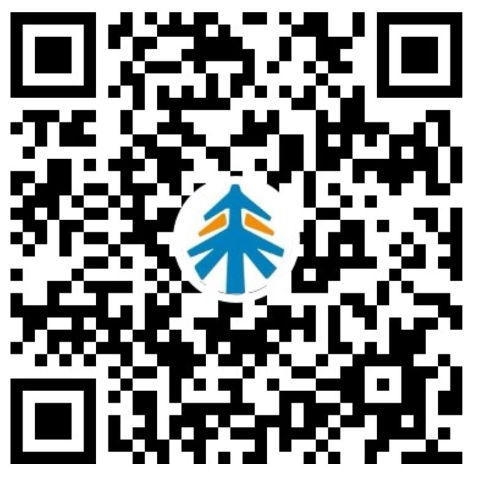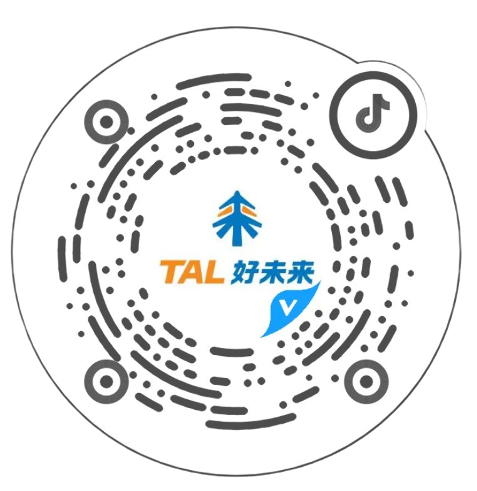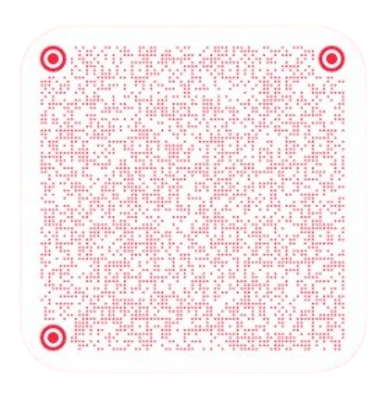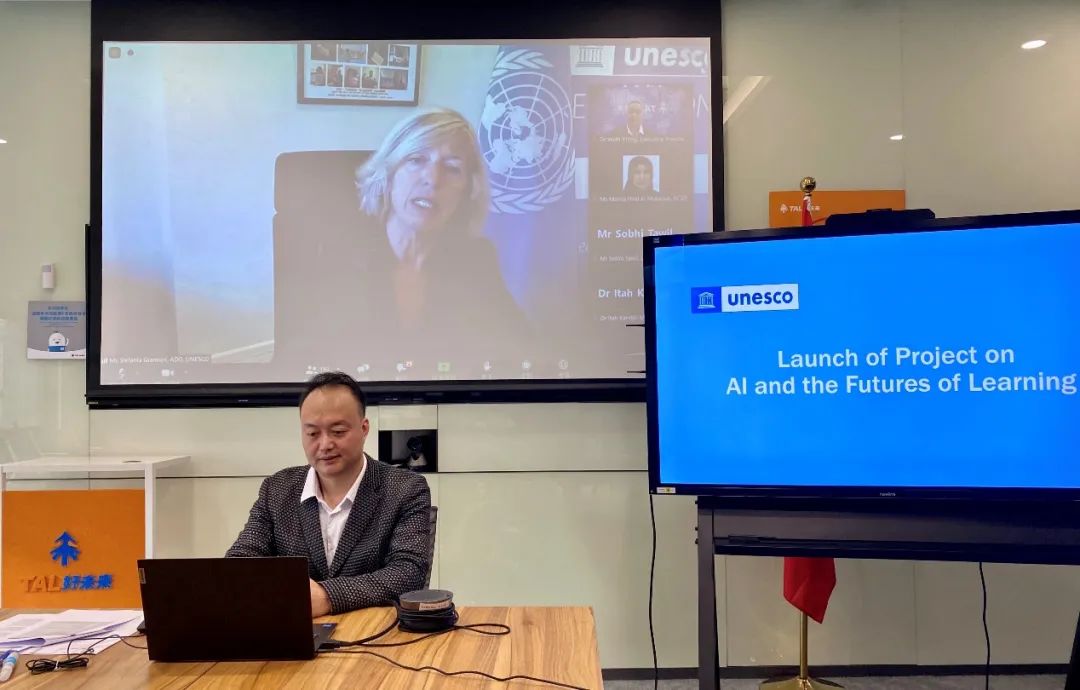




To help governments and primary and secondary schools around the world effectively understand and design AI courses, the "Artificial Intelligence and Future Learning" project organized by UNESCO and TAL Education Group officially released the research report "K-12 AI Course: Officially Recognized AI Course Design Guide". This is the first report on the global status of K-12 AI courses.
In October 2021, UNESCO and TAL Education Group jointly launched the "Artificial Intelligence and Future Learning" project. The project aims to develop a guidance framework for AI courses at primary and secondary schools, including conducting a survey on the status of AI courses in primary and secondary schools worldwide, and the formation of the research report "K-12 AI Course: Officially Recognized AI Course Design Guide” based on this.
 Fig: Launch ceremony of the "Artificial Intelligence and Future Learning" project
Fig: Launch ceremony of the "Artificial Intelligence and Future Learning" project
The report analyzes the current situation of artificial intelligence courses in primary and secondary schools in nearly 51 countries worldwide, focusing on course content, learning outcomes, course development and evaluation mechanisms, course positioning, tools and environments needed for teaching, educational methods, and teacher training, etc. UNESCO and 100tal hope that through this report, they can guide the policy formulation for future AI course design and the design of national curriculum or school-based learning projects.
As a leading international organization exploring the application of technology in education, UNESCO has led a series of important activities in the field of artificial intelligence in education, such as the research report "The Beijing Consensus - Artificial Intelligence and Education" released in May 2019. This is the first time that UNESCO has provided guidance and recommendations on how to use artificial intelligence technology to achieve the 2030 education agenda. The report proposes that artificial intelligence speeds up the construction of an open and flexible education system to ensure that everyone has equal, suitable, and high-quality lifelong learning opportunities. In April 2021, UNESCO published the report "Artificial Intelligence and Education: Guidelines for Policy Makers," which reveals the opportunities, risks, and development trends of artificial intelligence for policymakers, the impact on teaching, the preparation needed for students to grow in the era of artificial intelligence, and provides recommendations for policymakers.
Furthermore, UNESCO has awarded TAL the 2020 Mobile Learning Week "AI and Inclusion" Innovation Demonstration Project Certificate to recognize TAL contributions in using AI and big data to improve literacy and protect (minority) languages and enhance inclusivity. The "AI Teacher Mandarin Teaching System" project under TAL was selected as one of the top five ICT projects for education information by UNESCO in 2019.
Reference article: https://www.unesco.org/en/articles/unesco-releases-report-mapping-k-12-artificial-intelligence-curricula
This article is summarized from reports by Xinhua News and TAL Official WeChat Account.